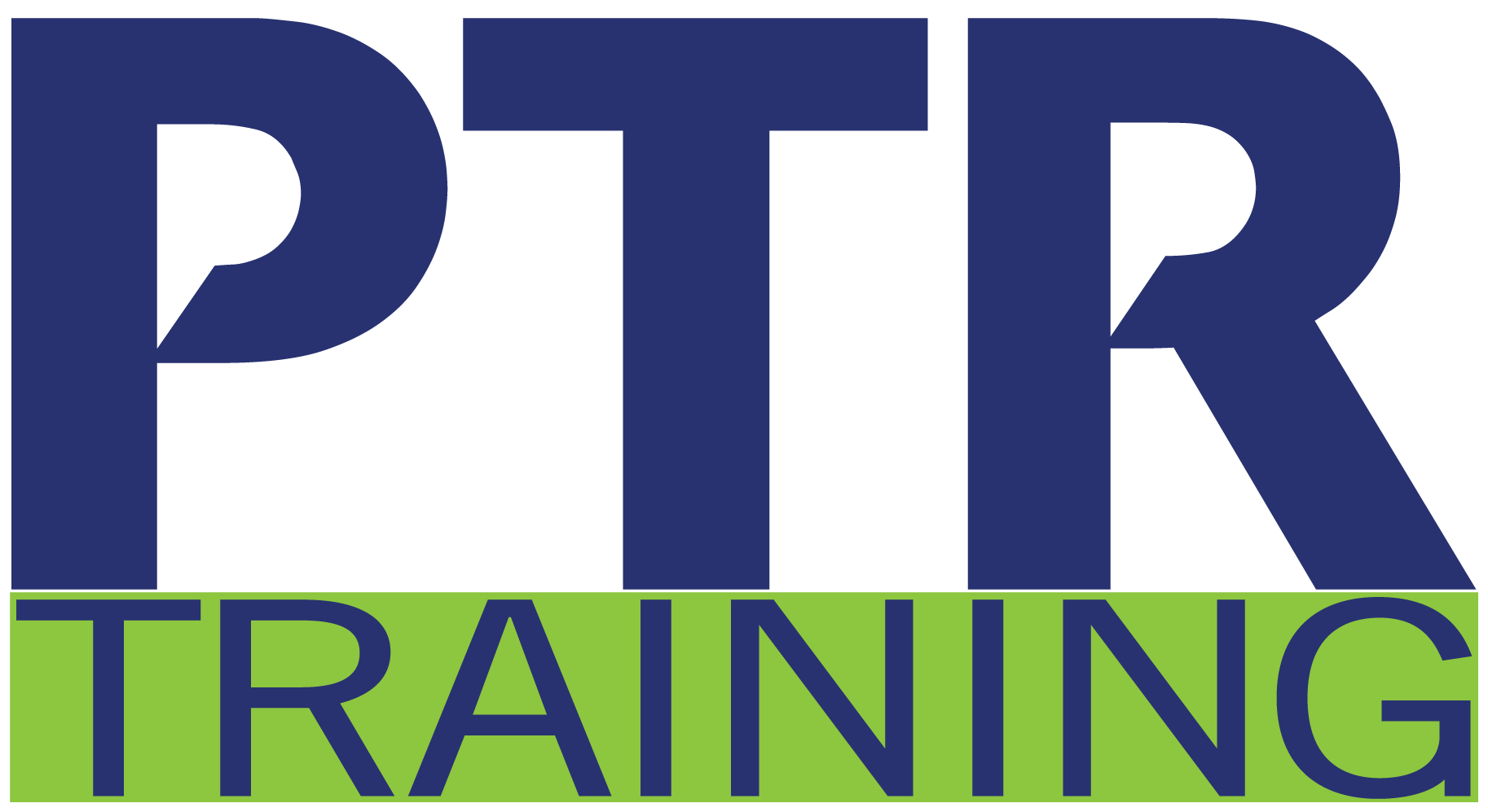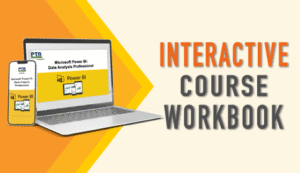Critical thinking is the ability to think clearly and rationally, deduce consequences, and use information to solve problems. We will teach you how to think clearly and rationally. You will learn to evaluate arguments solve problems systematically, and apply logic, reasoning, and intellectual standards to enhance work processes, create alternative solutions, and improve decision-making.
Learning Objectives »
- Apply higher levels of thought.
- Identify, construct, and evaluate arguments.
- Detect inconsistencies and mistakes in reasoning.
- Create a broader range of solutions.
- Logically breakdown and solve problems.
- Better anticipate the impacts of decisions.
Expanded training is available with added objectives, activities, and business scenarios.
Course Agenda
The Discipline of Critical Thinking
- The Broad Brush of Thinking
- Origins of Critical Thinking
- Critical Thinking in Business
- Elements of Critical Thinking
- Dispositions Toward Critical Thinking
Reasoning
- Statements and Arguments
- Fallacies
- Elements of Reasoning
Evaluating and Analyzing
- Evaluative Questions
- Universal Intellectual Standards
Problem Solving and Decision Making
- Problem-Solving Defined
- Decision-Making Defined
- Elements of Decision-Making
- Evidence-Based Decision-Making
- Lateral Thinking
- Rules of Brainstorming
- What is Decision-Making?
- Six Thinking Hats





